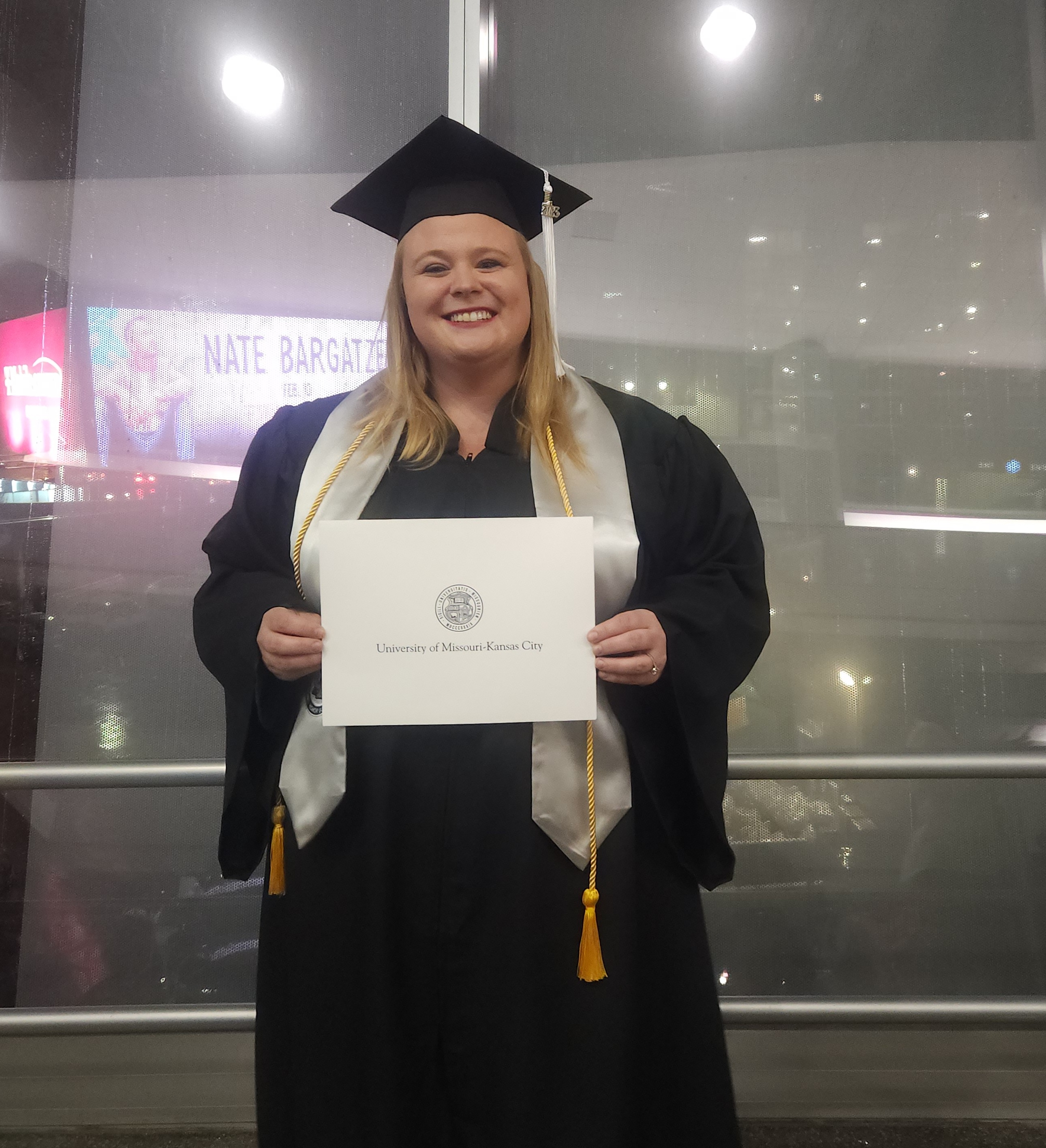
In this spotlight Brianna Mann reflects on her experience with PROSPECT. She shares how the project supported her academic growth, highlight her most rewarding moments and offer advice to fellow undergraduate interested in research.
1. How did working on the PROSPECT grant contribute to your academic growth?
Working on the PROSPECT grant allowed me to apply the research methods and concepts I had previously learned in the classroom to real-world settings. Through both my undergraduate coursework in Psychology and my graduate research methods courses, I developed a strong foundation—but PROSPECT gave me the opportunity to deepen that knowledge by engaging directly in the research process. This experience not only enhanced my understanding of how research operates in complex, real-world contexts, but also sparked a greater interest in the practical applications of research, particularly in education and equity-focused initiatives.
2. What was your favorite or most rewarding moment working on the project?
The most rewarding experience on this project has been developing my own independent study. What began as a poster presentation for the 2024 S-STEM Scholars and PI Meeting in Chicago naturally evolved into a full manuscript that I am preparing to submit to the Journal of College Orientation, Transition, and Retention. This will be my first first-author publication, and I’m thrilled, not just because it strengthens my CV as I work toward my long-term goal of pursuing a PhD in Clinical Psychology, but because the process has genuinely expanded my skills. My critical thinking, research writing, and ability to synthesize complex ideas have grown tremendously, and I know these skills will serve me well in any future academic or professional path.
3. What’s next for you now that you have graduated? (If you’re not graduating, could you share with us your next steps as you continue your undergraduate studies?)
I completed my B.A. in Psychology in Winter 2023 but have continued working on the PROSPECT grant as a graduate research assistant. This role has allowed me to take graduate-level coursework that I hope to transfer into my next educational program. While my long-term goal is to pursue a PhD in Clinical Psychology, the timeline for that path is still unfolding. In the meantime, I plan to enroll in a master’s program with a stronger clinical and research focus than traditional counseling tracks, in order to further strengthen my applications to highly competitive doctoral programs.
My research interests focus on the mental health and well-being of LGBTQ+ individuals, particularly those who have experienced intimate partner violence. I aim to contribute to research that addresses the significant gaps in evidence-based interventions for these communities, especially in areas like trauma-informed care, culturally responsive therapy, and accessible clinical services. Too often, LGBTQ+ survivors are overlooked or misrepresented in both research and practice, and I hope to help change that through rigorous, community-centered scholarship.
4. What advice would you give other undergraduate students who are interested in getting involved in research?
To any undergraduate students interested in research, my biggest advice is to be bold and proactive. Any research experience is better than none, so don’t limit yourself to one topic area, methodology, or even your specific major. Be open to unexpected opportunities—they can lead to the most meaningful growth.
I got involved with PROSPECT through my work with a Psychology professor, and while the project wasn’t originally aligned with my degree focus, it ended up shaping me deeply as both a researcher and a scholar. Look for ways to earn course credit or apply for paid positions, but don’t be discouraged if those options aren’t immediately available. Volunteering your time, even in a small way, can still be incredibly valuable. Many of the skills we read about in textbooks only truly “click” once we see them in action. Getting involved is where the real learning starts.